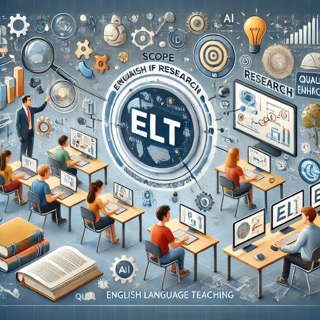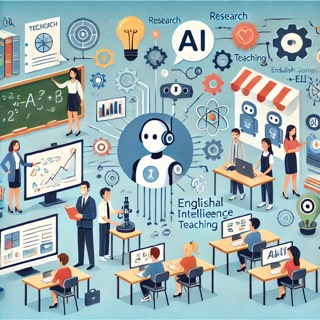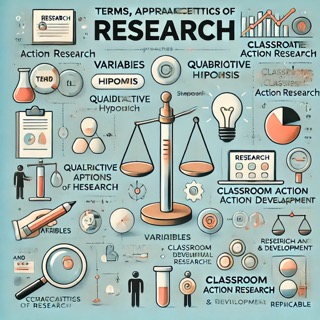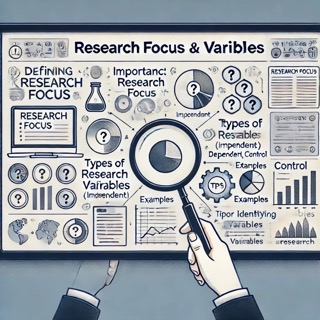General
Course Research in Language Education/ English Languages Classroom Research by Wiwik Mardiana
Hello Students! Greetings from Mojokerto-East Java and Bima-NTB, Indonesia. Hope you find this well. In this course, we have an opportunity to have a collaborative teaching and learning and in an online or hybrid mode. We encourage you all to actively participate in the discussion in both synchronous and asynchronous mode.
This course provides students with information on the scopes of research on English language classrooms focusing on Classroom Action Research and Qualitative research. Materials cover types of studies commonly conducted to investigate phenomena in English language classrooms, their characteristics and steps in conducting each type of study. Students’ classroom activities include individual work and group work. Evaluation on students’ achievement is based on classroom and e-learning forum discussion participation, the mid-semester test, and the final test.
ENJOY!!!
This file contains detailed information about course description including learning objectives, methods, materials, activities, and assessment.
These slides contain three information, i.e. Learning objectives, materials, & assessment. Click next to the slide for the details.
Design by Wiwik Mardiana




